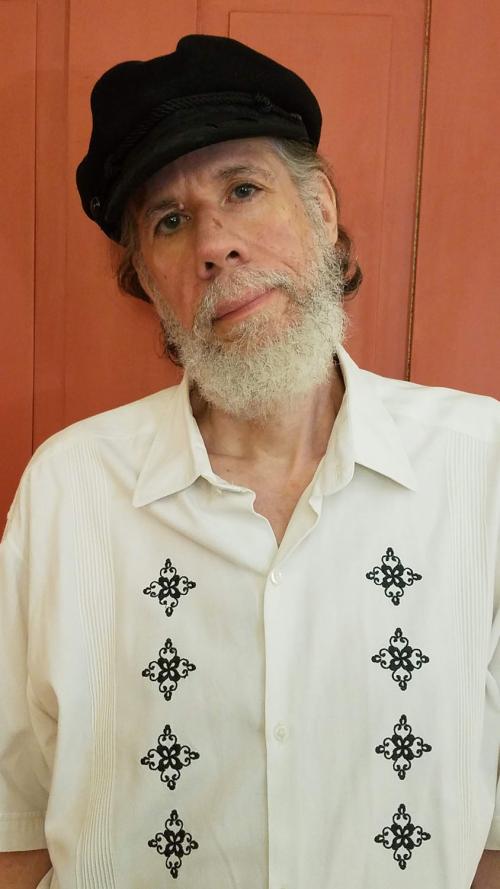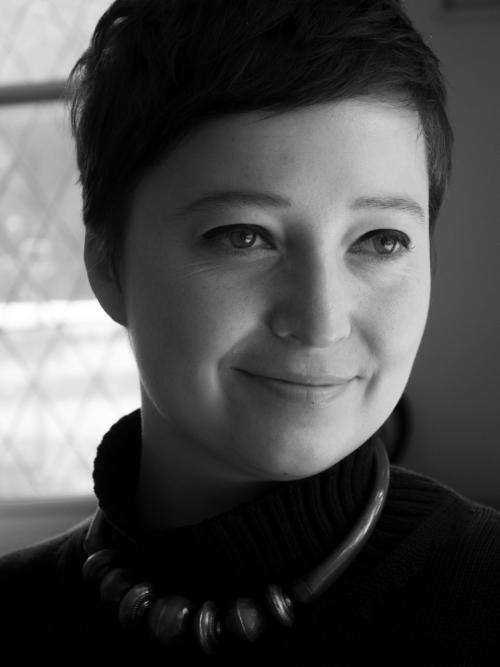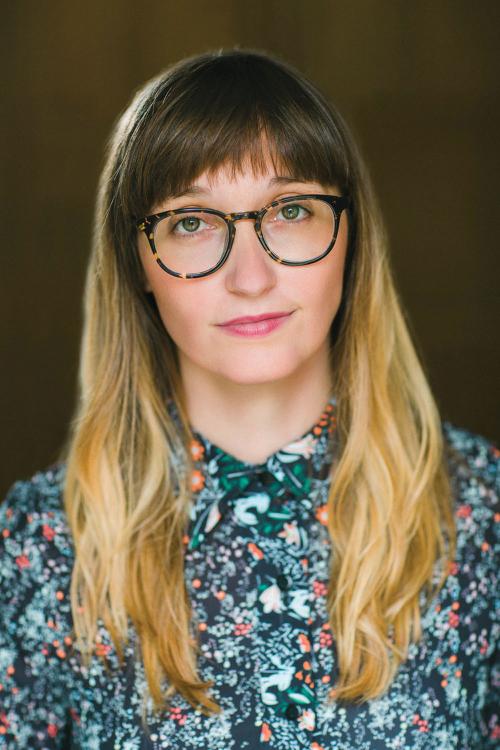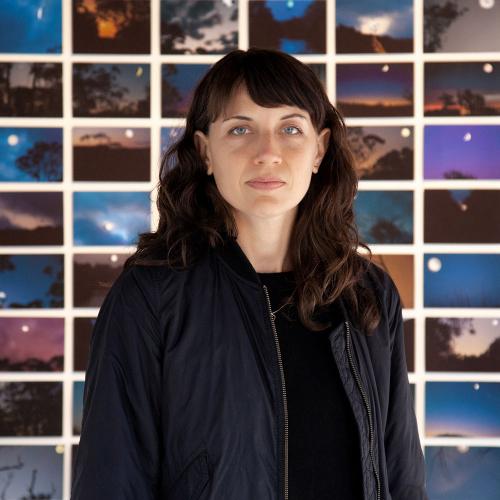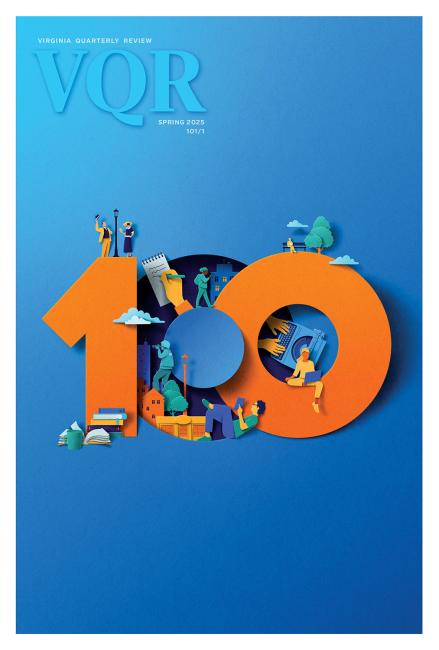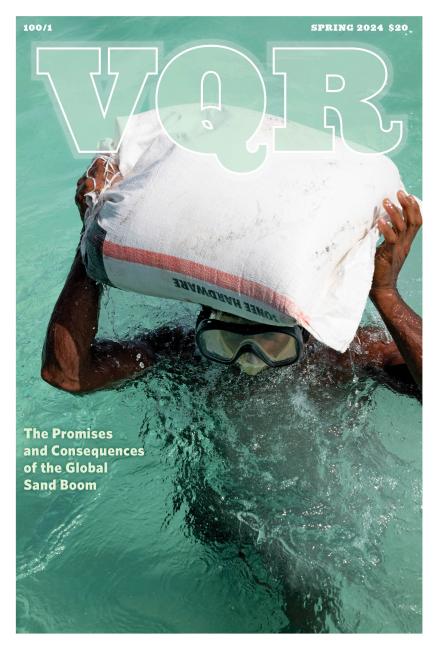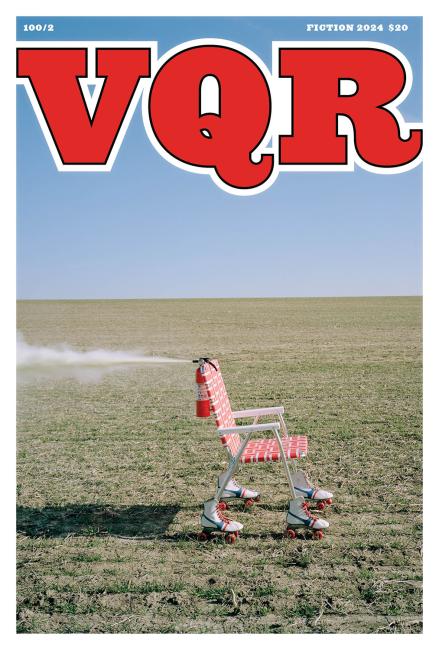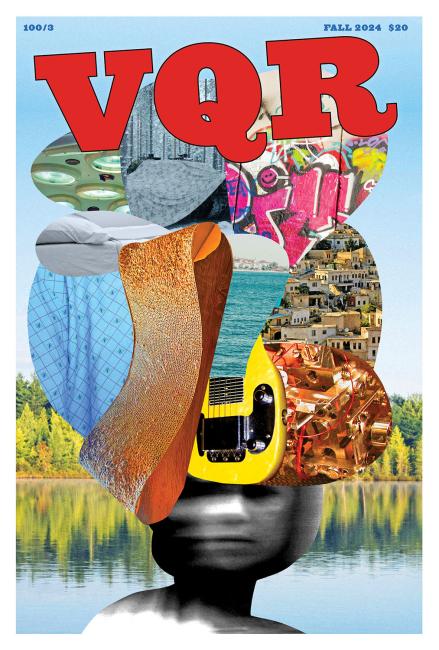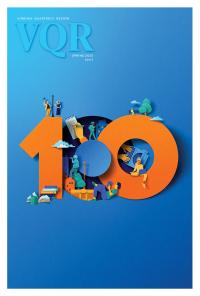
Fall 2023
In the Fall issue, physician and writer Emily Silverman reports on the quixotic movement in health care known as direct primary care, or DPC. Through the DPC model, physicians fed up with the conventional business model of health care strike out on their own, offering a subscription-based service to patients, which in turn allows doctors and patients more time to build stronger relationships, and break free from the bureaucratic madness that plagues so much of the American health-care experience. The biggest question is: If DPC is as good as it seems, why isn’t it more popular?
The essays in this issue are rooted in memoir. In each, the author learns a bit about themselves through their relationships with outside forces—whether a daughter, Hollywood monsters, or even a resilient river in an industrial town. Peter Bebergal, Nicole Graev Lipson, and J. C. Lee deliver these remarkably original works that take a fresh look at the familial and the familiar.
The portfolios offer radically different takes on the human condition. Robin Alysha Clemens has spent the last several years documenting the lives of members of a Ukrainian homeless community that has been reshaped by the war; Margeaux Walter, meanwhile, uses subtle but nonetheless stunning juxtapositions of figures and landscapes to ask sobering questions about the impact of the anthropocene.
The fiction in this issue, illustrated by Anna Schuleit Haber, includes Regina Porter’s historical short story “Horatio’s First Gun,” imbued with rich details of an early-twentieth-century Southern town; Taisia Kitaiskaia’s dark comedy “Engelond,” one part gothic and one part absurdist contemporary detective story; and Shannon Sanders’s “The Opal Cleft,” which settles in on a tension between cousins that eventually illuminates the unspoken regrets, affections, and envy that color so many family bonds. VQR’s Emily Clark Balch Prize for Poetry winner Martín Espada leads off a section that also features work by Tiana Clark, Marisa Tirado, and Nick Flynn. And columnists Jim Coan, Laura Kolbe, and Anuj Shrestha round out the issue with columns on the science (and imperative) of cooperation, the strange timing of retrospectives in the art world, and the constancy of being plugged in in contemporary life.
Fall 2023
Volume 99, Number 3
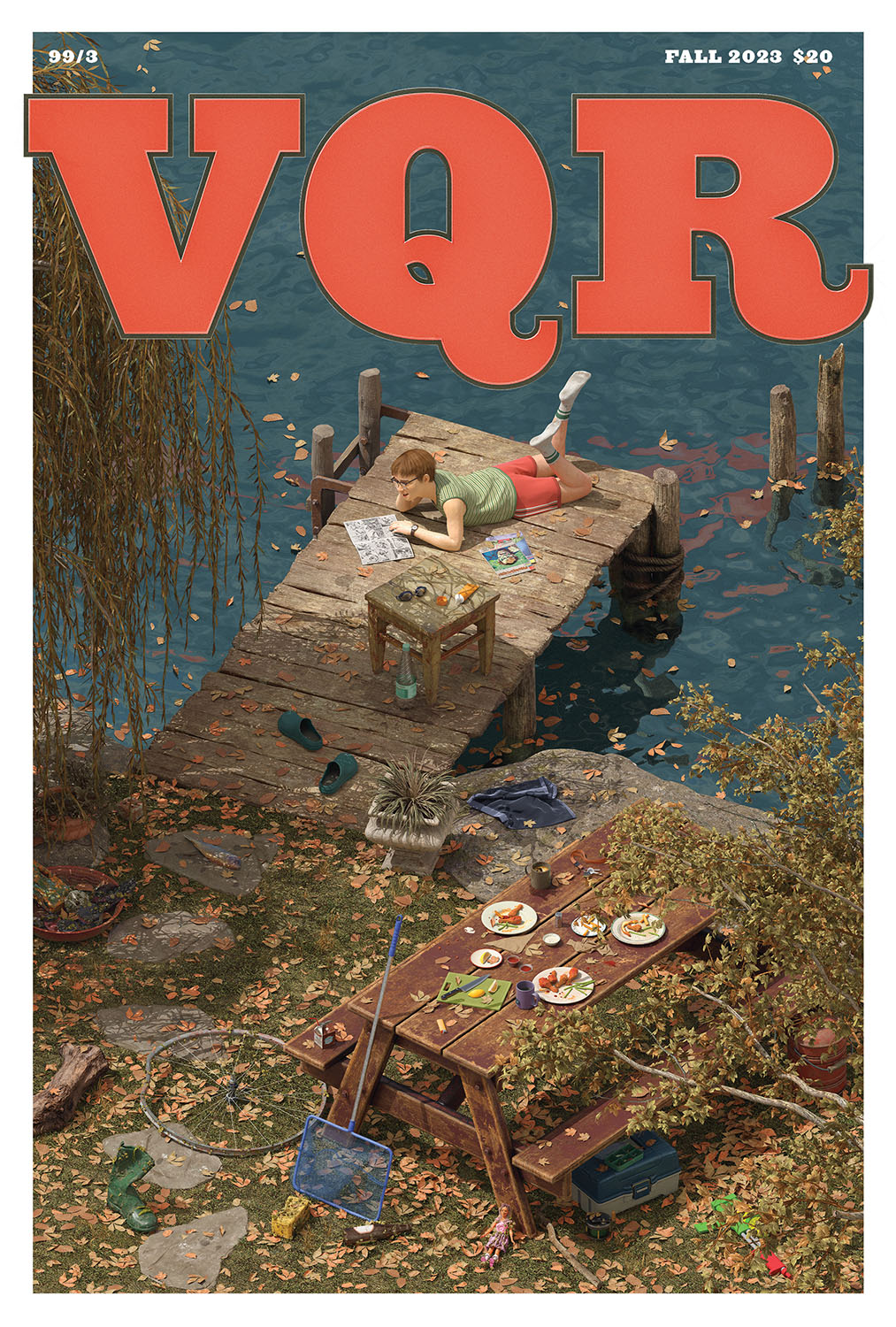
Print: $20.00
Digital download: $20.00
Table of contents
Reporting
Essays
Photography
Fiction
Poetry
#VQRTrueStory
Art & The Archive
Editor's Desk
Drawing It Out
Open Letter

